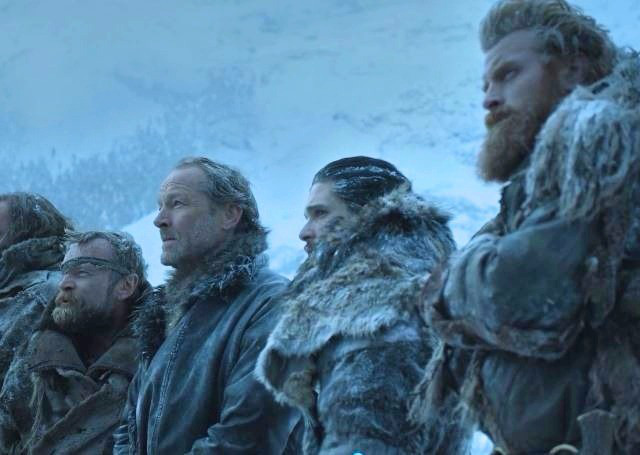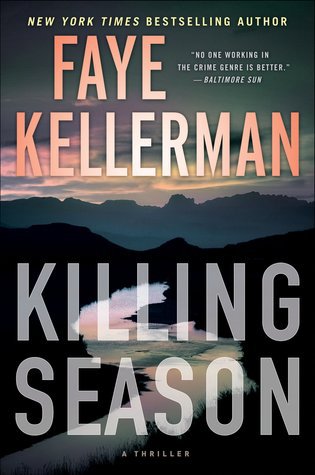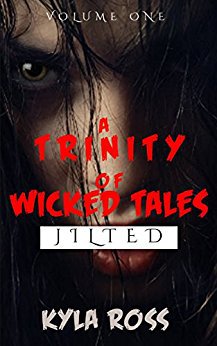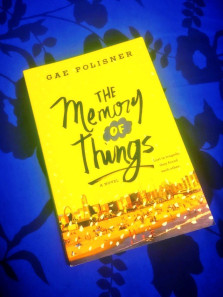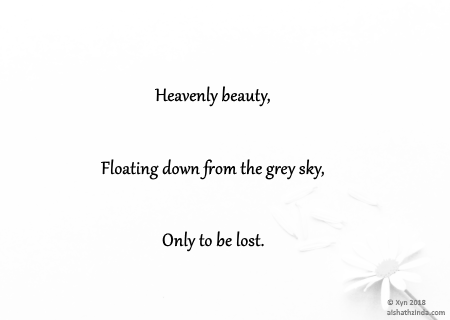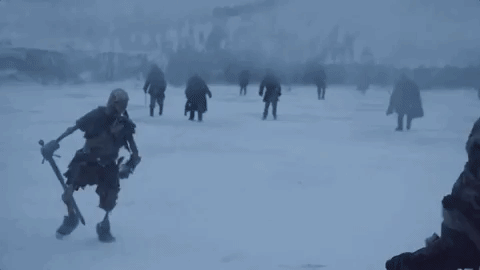 The Wildling ranger fighting nobody pretty much sums up the attention to plot details in ‘Beyond the Wall’. You basically have to super suspend your belief in everything you know about ‘Game of Thrones’.
The Wildling ranger fighting nobody pretty much sums up the attention to plot details in ‘Beyond the Wall’. You basically have to super suspend your belief in everything you know about ‘Game of Thrones’.
Just finished re-watching episode 6, ‘Beyond the Wall’, for season 7 of the Game of Thrones again and, each time I watch the episode I’m more disappointed that the last time. In case you’re wondering, this is my 3rd viewing of the episode. I had to re-watch again because the episode failed to advance the plot of the story in any significant way. In many ways, it was the worst episode in the series. The following are my perspectives from the show.

Going into the episode I was expecting some more information and world-building for the Night’s King and his army of White Walkers and wights. Specifically, I was looking forward to a significant interaction between the Night’s King and one of the other major characters in the story; an interaction in which we are given insights into the motives and purpose of the Others. Is the Night’s King an agent of nature (and the Children of the Forest) seeking to restore balance to the World of Ice and Fire? Or is the Night’s King a rogue agent of a nefarious scheme to eradicate all mankind; and if so, for what reason? What do we know about the Others, how does it relate to historical accounts of the Long Night, what triggered their resurgence and, how does it relate to the end game? I expected an excursion through which we learn more about the realities of the game and by which we are able to learn more about the World of Ice and Fire.
The episode starts with a leading shot of the map of Westeros panning North to where Jon leads a ranging past the wall to capture a wight and to gather evidence about the threat of the Others. We are then directed past the wall to the rag tag team of brave rangers venturing towards the arrow-shaped mountain that the Hound saw in the fiery hearth a few episodes ago. Most of the dialogue amounts to banter, with the most significant being Tormund’s quip about the cost of Mance Rayder’s refusal to bend the knee to Stannis and, Jorah’s gifting of Longclaw to the legacy of Jon Snow (suggesting that there might be a legacy in the future).
A quick transition south to Winterfell leads us to a confrontation between Arya and Sansa; instigated by the former. Arya is understandably upset at the extent to which Sansa’s foolish and childish betray of Ned earlier in the story led to the downfall of House Stark. The T.V. show severely underplayed Sansa’s betrayal in season 1, most likely in order to make Sansa a more sympathetic character; a victim of circumstance. And, it worked. But book readers know that Sansa’s betrayal was much deeper. She’s the one that told Cersei of all of Ned’s plans to send his family back North (effectively breaking Sansa’s engagement to Joffrey) and to eventually leave King’s Landing himself. Sansa told Cersei Ned’s plan in the hopes that Cersei would stop Ned and force him to honor the wedding engagement. Sansa selfishly, and foolishly, did all of this so that she could marry Joffrey. This played a role in Littlefinger’s betrayal of Ned as both Ned and Cersei required his influence over the gold cloaks of King’s Landing and Janos Slynt was a highly corrupt commander of the city watch. All of these events make Arya’s anger quite understandable because she never knew of Sansa’s betrayal until she read the scroll at Winterfell. There’s no doubt that if she confronted Baelish about the events at King’s Landing which led to Ned’s death, Baelish would have revealed Sansa’s betrayal and how that really put him in a bind as to who to serve, the King and Queen of Westeros (Robert wasn’t dead at the time of the betrayal) or Ned Stark.
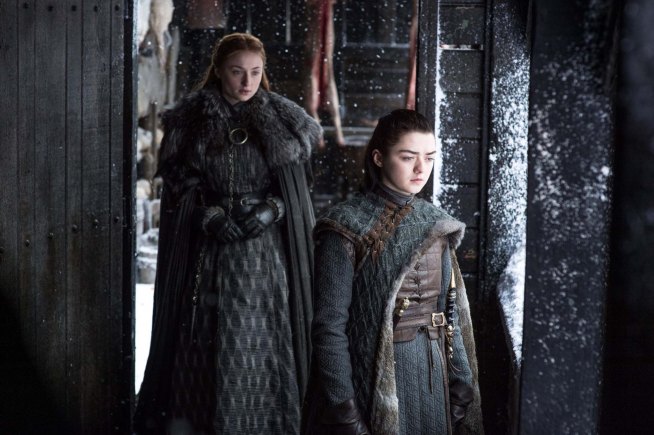
It makes a lot of sense that Arya would confront Sansa and it makes sense that Sansa should be afraid of the realization that when you play the game of thrones, “you win or you die”. It also makes Arya’s coming decision to free Sansa of her debt to Baelish more plausible as a way to end the cycle of profligacy, deceit and, anarchy that Littlefinger represents. You see, Arya is a reformer; much like characters like Tyrion, Sandor, Daario, Mance, Brienne, Ygritte, Davos and, Samwell. These are all people who are changing or have changed our understanding of the game. As Arya put it in the episode, “the rules were wrong” and all the characters above experienced the injustices of the flawed rules of the world they live in and are changing the rules. Again, the problem with the Winterfell plot is that the TV show has invested so much time and effort into making Sansa a sympathetic character making it hard for the audience to see her as being on the wrong side of the narrative or as having to account for her prior transgressions. However, Sansa has to make up for her past transgressions and I think that’s going to lead to her accepting a justifiable end to Petyr Baelish and all of his devilish schemes.
Back to the Northern excursion, more banter that falls short providing levity to the task of engaging with an undead army in order to capture a wight. An army that has decimated the Night’s Watch and the wildling population. Tormund and the Hound provide some levity and remind us that they are not your traditional Westerosi. Beric Dondarrion appeals to Jon’s desire to fight for the living. Both dialogues are quite heavy handed and perhaps unnecessary at this point as they are already marching towards the Others. We know they are playing outside the rules by now.
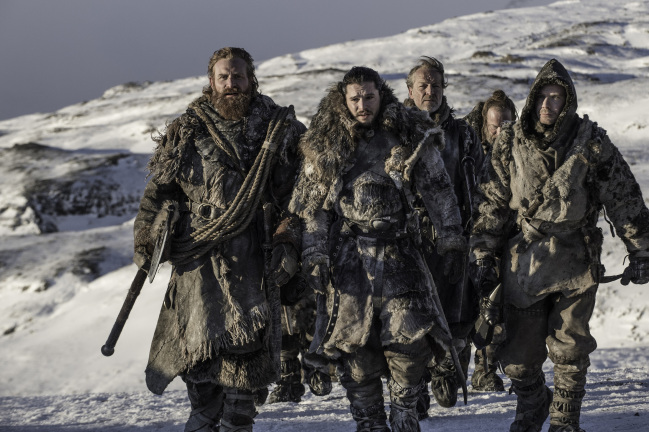
On Dragonstone, Tyrion brings up the issue of legacy again; essentially serving to align the narratives of the Targaryen kins, Jon and Daenerys. Again, the reference is a bit ham-fisted and out of order. It would have made more sense for Tyrion to discuss succession in the previous episode after watching Dany narrowly escape death twice from Bronn and Jamie. Instead, the dialogue is shoe-horned into this episode for no good reason.
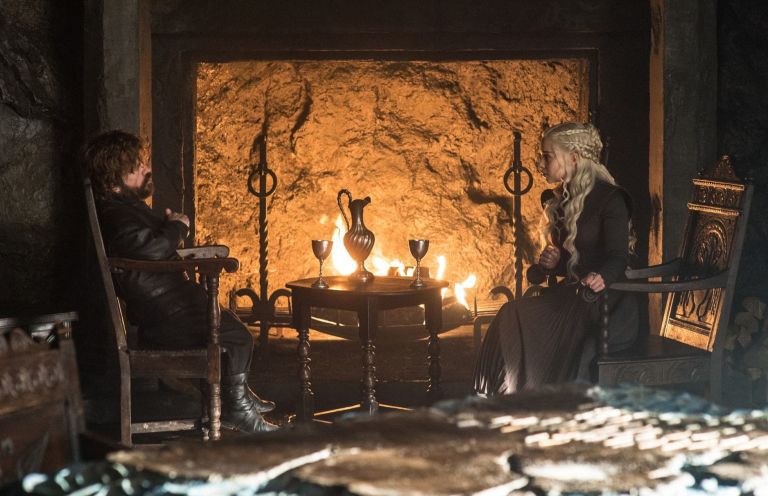
North of the wall, the story morphs into a movie cliche rife with shameless fan-service that either fails to drive the plot forward or makes the ongoing events discombobulated. Suddenly, killing a White Walker also kills every wight the walker has turned. Wights are able to reason, as the captured wight goes after a weaponless Tormund over the other armed rangers and, alerts the Others of the presence of the rangers. Gendry develops super-human running abiliities which Jon somehow knew he had. The undead army traps the rangers on a rock located in the middle of a freezing lake but decide to wait for the lake to freeze before attacking the Rangers. Rangers fight imaginary wights. A raven flies to Dragonstone, Daenerys flies her dragons north and the Night’s King takes out Viserion all in the space of less than a day. Jon nearly dies falling into the frozen lake but doesn’t die; instead, he is rescued by Deus Ex Machina device, Uncle Benjen. Jon and Daenerys bond over their experiences, vow allegiance to each other and, become a romantic item within the same scene. In short, the story-telling and directing of the T.V. was atrocious in this episode.

In an episode which mainly revolves around the need for people to set aside their pride, differences and enmities for the sake of others and the greater good, most of the time is dedicated to clichéd battle scenes and suspense which lack overall integrity and belittles the intelligence of the average viewer. We still don’t know all that much about the motivations of the Night’s King and his army. The bad guys and the good guys fall into the same old clichéd character tropes typically seen in movies. It was still a lot of fun to watch and the special effects were fantastic – particularly the action involving the dragons. However, the quality of the story suffers greatly during the episode. There’s is a marked drop in the quality reached by episodes 4 and 5. It represents lazy storytelling, possible fatigue and, a heavy disregard for the original text. I hope episode 7 returns back to the amazing storytelling we have come to expect from the Game of Thrones.
